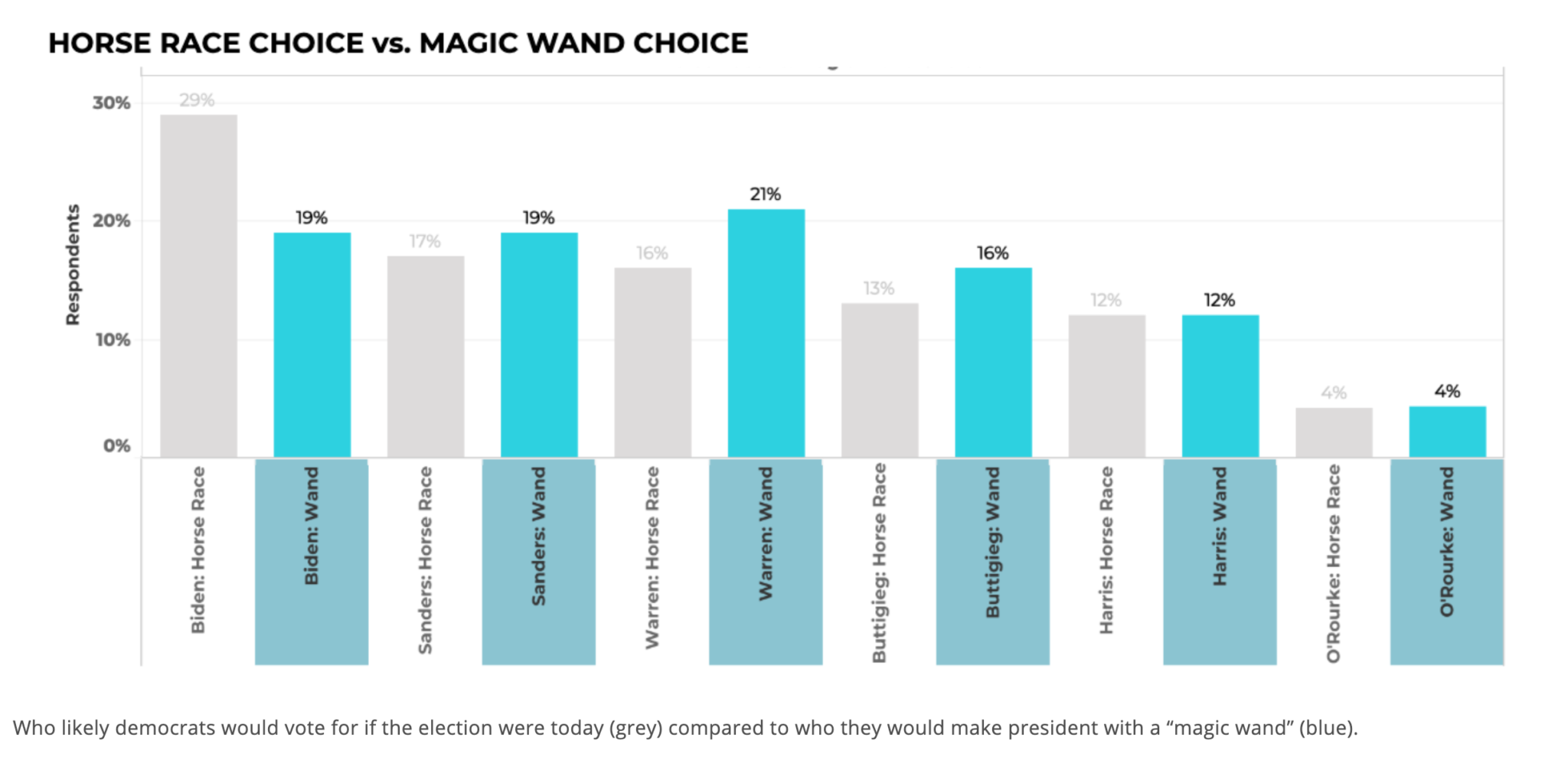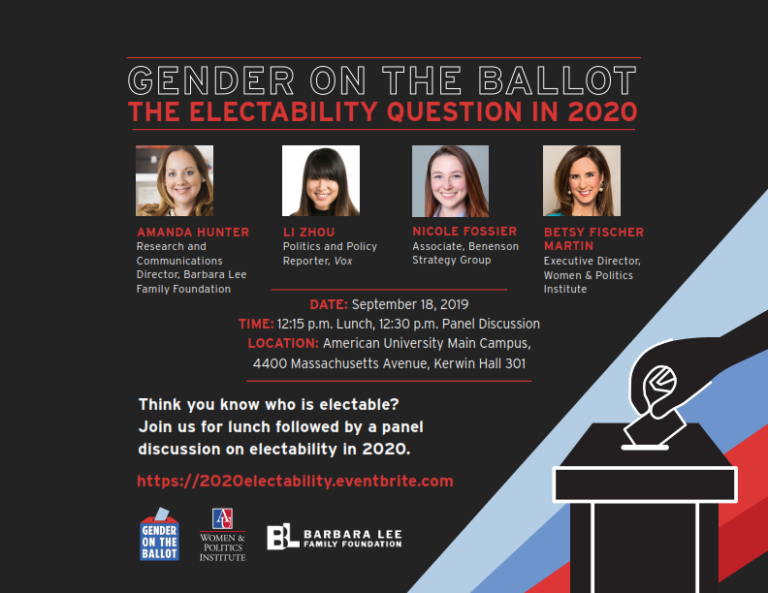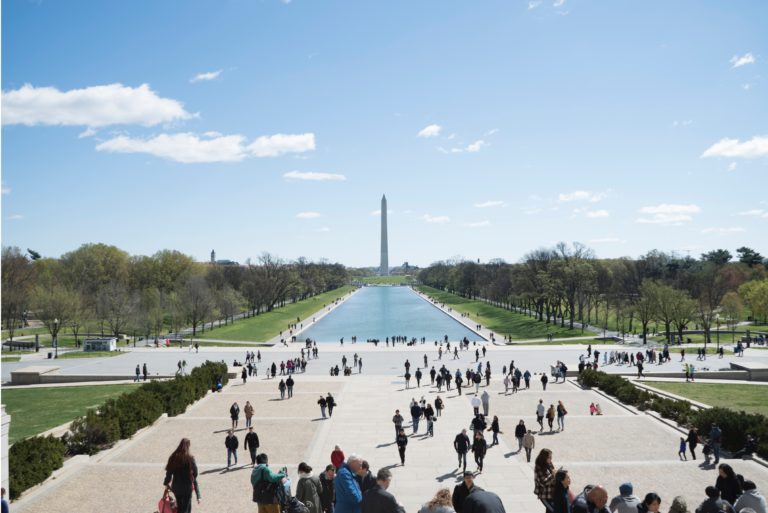For the full recap and questions list from night 1, head here. The…
How beliefs about gender in America drive perceived electability

Michiah Prull, CEO Avalanche Strategy
Most candidates, campaigners and pundits have speculated that gender plays a unique roll in electability today.
Avalanche’s recent electability research suggests that gender appears to have a greater effect on perceived electability than age, race, ideology, or sexual orientation.
The impact of perceived electability can be seen in the gap between the primary candidate voters choose in a typical horse race question compared to the candidate that they most wish could be the next president.
Comparing who respondents would vote for today with who they would choose to “magically” make president reveals the impact of electability concerns for each candidate:

This data suggests that at the time the survey was conducted, the preferred candidate by a small margin when electability is removed from the equation, is a woman.
To understand the attributes contributing to perceived electability, we asked respondents to tell us what their “magic wand” candidate could change to be more likely to win.
When it comes to electability, gender plays a unique role:
- Gender is the most cited attribute
- Among the respondents who mention gender, 69% are female
- 19% of the respondents who choose to make a female candidate president given a “magic wand” explicitly reference gender as a perceived electability issue
- Another 27% of respondents who choose one of the female candidates to be president given a “magic wand,” use highly gendered language or reference stereotypes to describe other attributes like strength and likeability
- Among the 91% of respondents who select one of the six leading candidates, 63% of respondents choose a male candidate to be president in a typical horse race question
- When given a magic wand, only 58% of respondents choose a male candidate to be president and Elizabeth Warren emerges as the preference by a 2% margin
Among those who raise gender as an issue, 62% express beliefs that American voters will not elect a woman. Their concerns are not about the capability of female candidates, so much as they are about the willingness of Americans to elect a woman.
Among those who see gender as a barrier to electability, the pervasive belief isn’t that female candidates are doing anything wrong – but that even if they do everything right, Americans won’t elect a woman. These findings suggest that many voters may not need to be convinced that a female candidate is more capable — they must be convinced that Americans are capable of electing them.
While the data shows a strong connection between perceived electability and gender, it also shows that, at the time this survey was conducted, voters were most likely to select a woman for president given the opportunity.
When it comes to perceived electability, the greatest messaging challenge for the campaigns of female candidates may be less about the story of their candidate and more about the story of America today.
To read the complete findings, visit https://www.avalanchestrategy.com/electability.

Michiah Prull is the founder of Avalanche Strategy, a consultancy that empowers leaders with communications that resonate deeply and inspire action. Before founding Avalanche, Michiah led political, non-profit, and corporate engagement campaigns across North American for over a decade.






